Remote Teaching Awards
The Remote Teaching Awards recognize faculty who transformed traditional, face-to-face courses into remote teaching environments while maintaining the qualities we value at the UO: professional, inclusive, engaged and research-informed teaching.
Each recipient is awarded a $1,000 stipend.
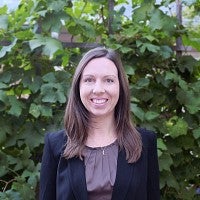
“Cultivating an inclusive community, maximizing course structure and flexibility, and empowering students never felt more urgent. We explored biology, biotechnology, and the interface of science and society with rigor and compassion.”
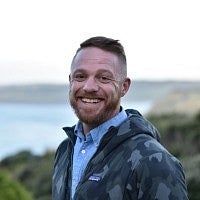
“Guided students in developing a trusting and safe learning community that encouraged authentic dialogue, candor, and vulnerability in base groups. In this flipped classroom, students connected with current events and stories of lived experience.”
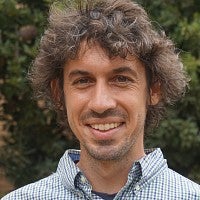
“I thought engagement was the main challenge. How could I help students engage with the material, and with each other, when we were so far apart? So I had them lead, discuss, and work together as often as possible.”
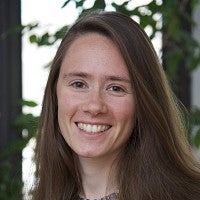
“Remote settings offer resources with substantial strengths: screens for in-class collaborations on visualizations, breakout rooms for exercises like improv games, and discussion boards for deeper conversations.”
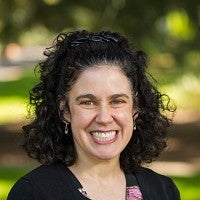
“I crafted techniques for fostering a sense of belonging in different courses through class community, student engagement, and feedback strategies. The students produced focused, passionate academic work and gained diverse skills.”
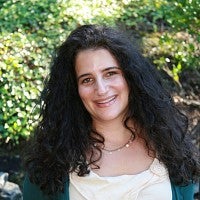
"My goal in remote teaching was to help students continue to invest in their own growth as critical and autonomous thinkers, advocates and innovators. And to provide a space for students to recognize and draw upon their own strength and resilience."
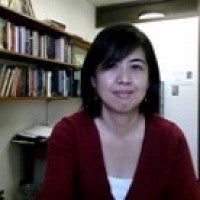
"Remote teaching opens new channels to connect with students. I maximized different learning activities, streamlined my Canvas site, and guided students to support each other and learn the material in flexible and creative ways."
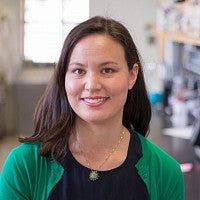
“To make remote learning engaging, interactive, accessible, and adaptable to students’ complex learning situations, I used multimedia approaches while relating material to current COVID-19 research.”
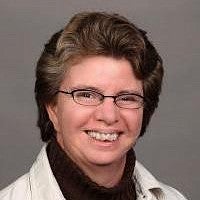
"Remote teaching requires fostering a strong sense of connection despite the mediated experience. My approach: team work! flexible mindset! And developing a 'virtual cinema lab' where students felt comfortable working together and one-on-one with instructors and peers."
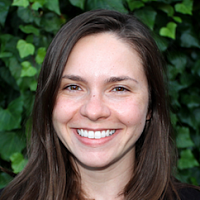
“I tried to make the best of the circumstances of having to teach remotely while caring for my infant son and 4 year-old daughter by integrating them into my lectures on developmental psychology.”
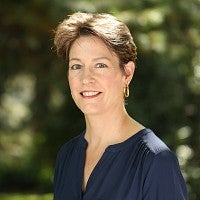
“I coordinated with a Springfield 55+ community to have residents be the ‘users’ interviewed for design research. Through this, students and community members connected regularly and purposefully during the pandemic.”
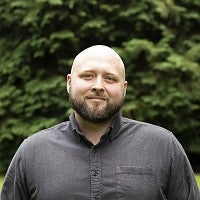
“My approach is always the same: emphasize clarity, simplicity, and accessibility in course design. Excellent remote learning experiences don’t need to be complex. They need to be planned and conducted in a way that’s authentic to the instructor.”
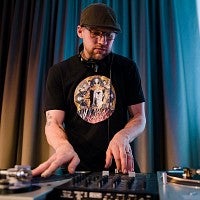
“My approach to teaching last spring amongst all the madness was simple: fun. Let’s laugh, even (and mostly) at my expense. Maybe some sketch comedy, or lectures from my tractor or hammock or chicken coop.”
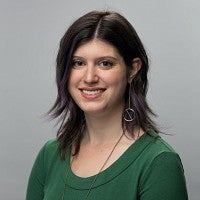
“Remote learning interrupts opportunities to casually build relationships with students. I assigned a weekly journal to each of my 100 students, and I responded to nearly every entry. I connected with my students more deeply than before.”
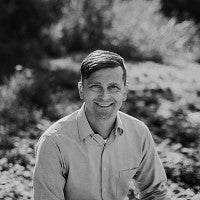
“Class album. Collaborative songs. We (students + I) have an opportunity. I should be: listening, flexible, grounding. Online organization serves the course now and later.”
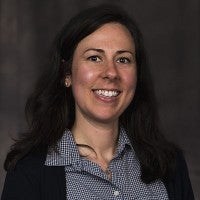
"I believe the key to successful remote teaching is community. The best teaching happens when we share ideas, strategies, and stories. Connecting with colleagues inspires and strengthens my work with students."

“Live class sessions each day (recorded for asynchronous viewing) provided students with normalcy amidst chaotic times. Using COVID as a platform for teaching chemical structure and reactivity gave the class particular relevancy.”
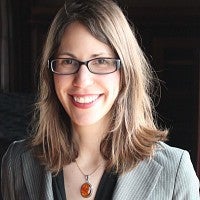
“I sought to keep morale high in a large, asynchronous course, and to scaffold learning without overcomplicated structures. Scaffolding came through lecture worksheets and a student-generated Wiki, while creative projects encouraged students’ wit.”
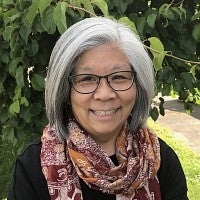
“As a teacher who centers anti-racist pedagogical approaches, my priorities were accessibility, transparency, connection, and flexibility. We processed the tragic events around them from their own subject positions.”
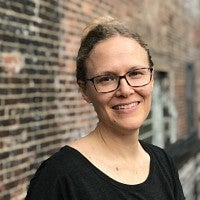
“I applied the tried-and-true principles of student-centered learning, but with more creativity, communication, and flexibility. I was gratified to encounter new opportunities to connect students with each other and with project-based learning.”
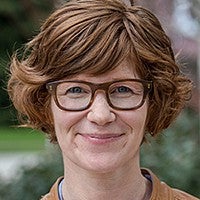
“This turned into an opportunity to build more compassion and teaching effectiveness into my relationships with students. I created engaging and well-organized learning environments that encouraged flexibility and connection."
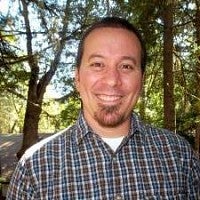
“During a national reckoning with systemic racism, police brutality, and the pandemic, I structured and facilitated my courses to foster social connections and deepen students’ empathetic understanding and critical approach to power and inequality.”
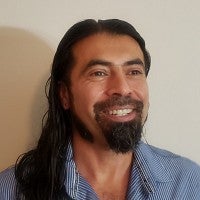
“To ground myself and problem solve when given two weeks’ notice to pivot to remote teaching, I reminded myself that it is during moments of uncertainty and crisis when the research-based fundamentals of teaching and learning matter most.”
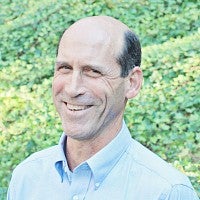
“My goal was to create online versions of my courses that maintained learning standards, ensured access, and fostered engagement among students living around the globe, while granting them flexibility to address the stressors they faced."
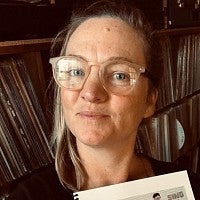
“My two approaches to remote teaching and working with students since spring are also the mottos keeping me moderately sane and healthy throughout the pandemic. ‘Keep it simple’ and ‘Be flexible.’ They are simple and humane enough to work.”
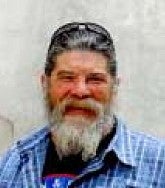
Billy developed interactive lab experiences for 200 physics students, engaging them with online platforms and small group zoom discussions. He personally engaged online in zoom with his students 20 hours a week spring term along with his GE teaching team.
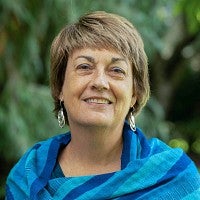
“Latino Roots II was team taught by Zoom between Lima, Peru and Eugene. We took a collaborative virtual lab approach to teaching focused on student shooting and editing of their documentaries.”
